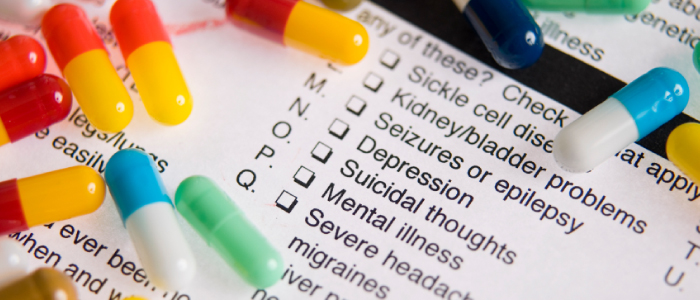 This medicine is used to decrease pain.
This medicine is used to decrease pain.
How does it work? Fentanyl binds to brain receptors, relieving pain. The feeling of pain and a person’s response to pain are also decreased.
How is it best taken? Make sure you are drinking enough liquids unless told to drink less by healthcare provider. Avoid products with caffeine. Do not suddenly stop using this medicine if you have been taking it for a long time. Medicine should be slowly decreased.
o This medicine is often taken on an as needed basis for pain not treated by your other medicine.
What do I do if I miss a dose? Use a missed dose take it as soon as possible. If it is almost time for the next dose, skip the missed one. Return to your regular schedule. Many times this medicine is taken on an as needed basis.
What are the precautions when taking this medicine? This medicine may be habit-forming with long-term use. Older people may have more side effects. You may not be alert. Avoid driving, doing other tasks or activities until you see how this medicine affects you. Avoid alcohol (includes wine, beer, and liquor) and other medicines and herbs that slow your actions and reactions. This includes sedatives, tranquilizers, mood stabilizers, or pain medicine.
Be careful about throwing away the medicine. It would be dangerous if anyone else took them. Tell healthcare provider if you have lung disease and if you are allergic to any medicine. This includes telling about rash; hives; itching; shortness of breath; wheezing; cough; swelling of face, lips, tongue, throat; or any other symptoms involved. Tell healthcare provider if you are pregnant or plan on getting pregnant, or if you are breast-feeding.
What are the common side effects of this medicine? Feeling sleepy, lightheaded, dizzy, or having blurred vision. Avoid driving, doing other tasks or activities that require you to be alert until you see how this medicine affects you. Nausea or vomiting. Small frequent meals, frequent mouth care, sucking hard candy, or chewing gum may help. Constipation; more liquids, regular exercise, or a fiber-containing diet may help.
What should I monitor? Keep a diary of how well your pain is controlled. If no bowel movements in 3 days, talk with healthcare provider.
Reasons to call healthcare provider immediately: Signs of a life-threatening reaction. These include wheezing; tightness in the chest; fever; itching; bad cough; blue skin color; fits; swelling of face, lips, tongue, or throat. Too tired or sleepy. Changes in thinking clearly and logically. Passing out, fainting, dizziness, or lightheadedness. Difficult breathing. Severe nausea or vomiting. Any rash.
How should I store this medicine? Store at room temperature. Protect from freezing and moisture.
General statements; Do not share your medicine with others and do not take anyone else’s medicine. Keep all medicine out of the reach of children and pets (could kill them). Keep a list of all your medicines (prescription, herbal/supplements, vitamins, over-the-counter) with you. Give this list to healthcare provider (doctor, nurse, pharmacist, physician assistant). Talk with healthcare provider before starting any new medicine, including over-the-counter or natural products (herbs, vitamins).
